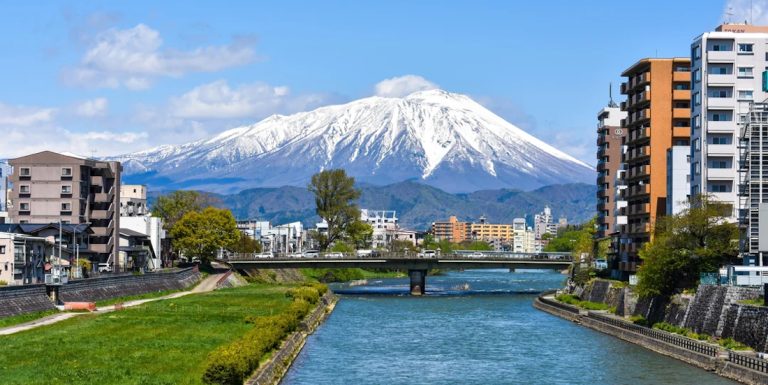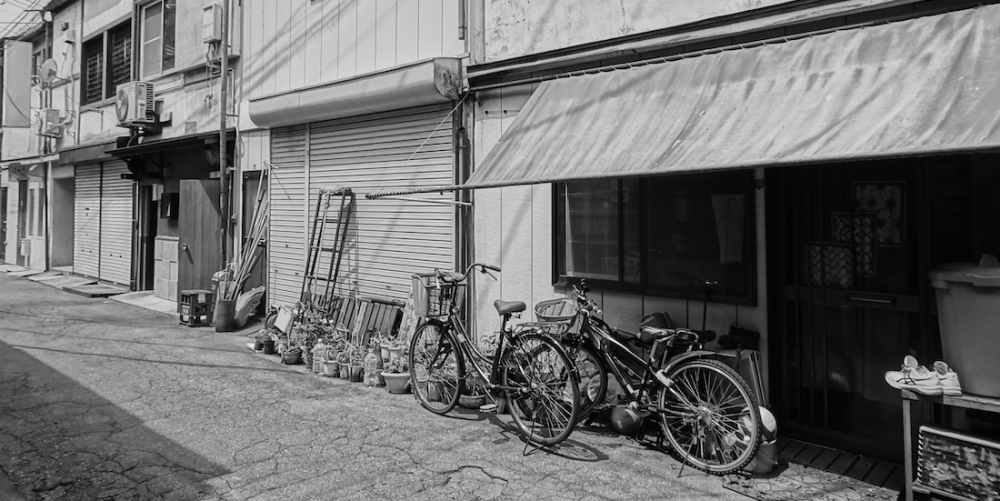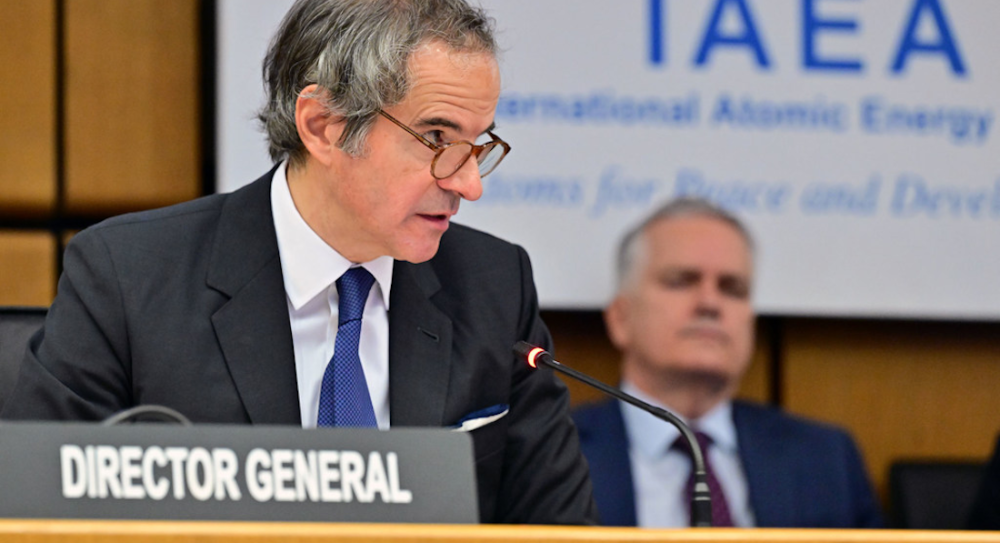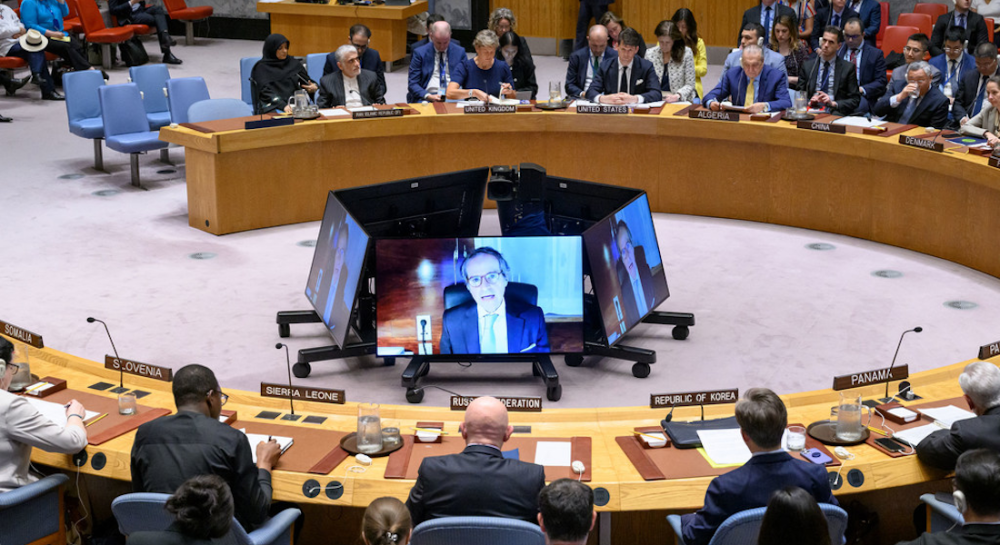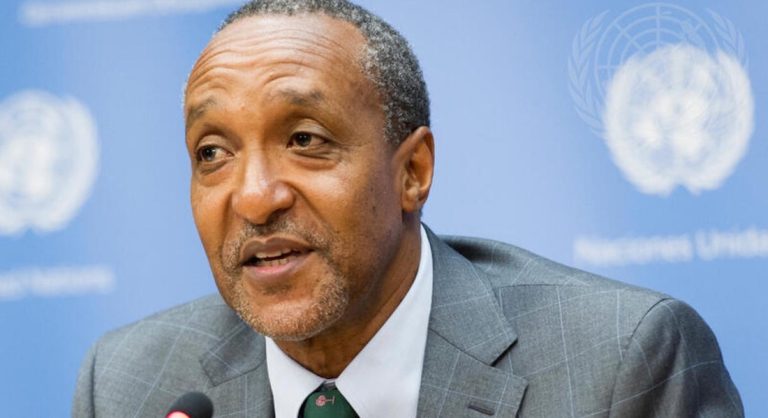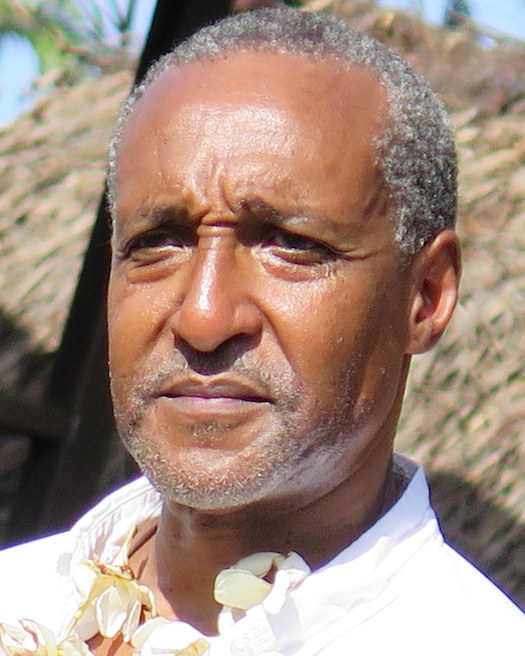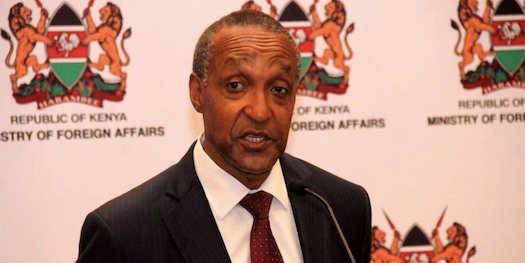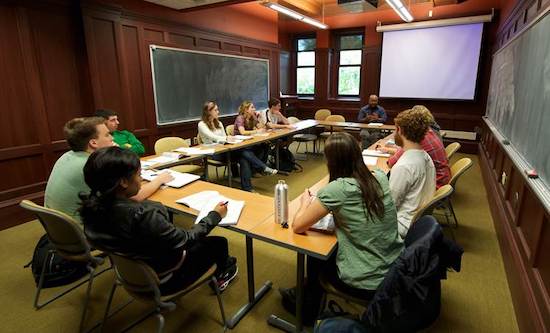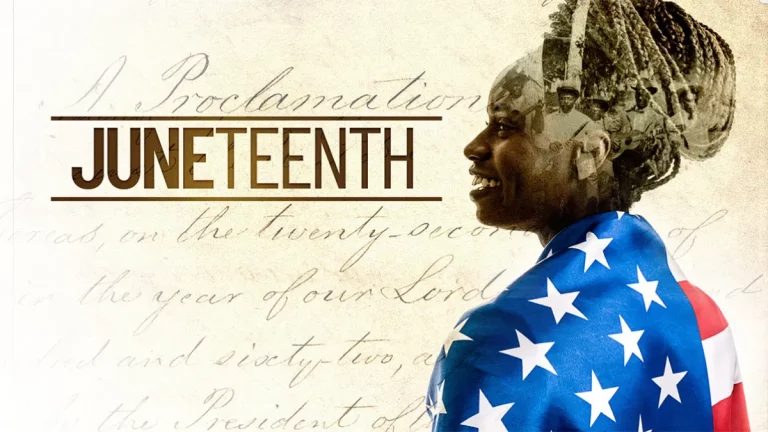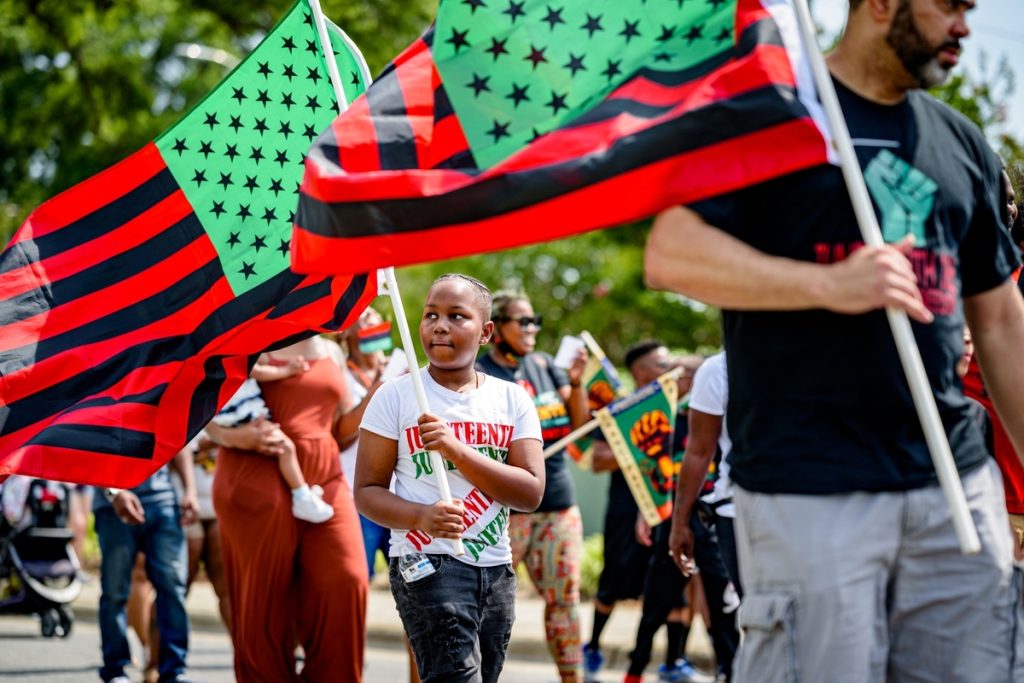Karen Bass Stands for Constitutional Values Against Federal Immigration Overreach
By the Staff of The Stewardship Report: Let the truth-telling begin
New York, N.Y. – In a stunning display of journalistic malpractice, Breitbart has once again chosen inflammatory rhetoric over factual reporting, targeting Los Angeles Mayor Karen Bass for her principled stance on protecting vulnerable communities from federal immigration enforcement overreach.
The publication’s latest hit piece reveals more about its own ideological agenda than it does about Bass’s actual policies or the complex realities facing America’s second-largest city.
The Real Story Behind Immigration Enforcement

The Breitbart narrative deliberately conflates legitimate concerns about immigration enforcement tactics with support for violence, creating a false binary that serves only to inflame tensions.
What the publication fails to acknowledge is that Bass’s position reflects longstanding constitutional principles about local governance and the separation of federal and municipal responsibilities.
Immigration enforcement has historically been a federal responsibility, not a local one. When federal agencies conduct raids in local communities without coordination or transparency, they undermine the trust that local law enforcement needs to maintain public safety.
This isn’t about “backing riots” – it’s about maintaining the delicate balance between federal authority and local autonomy that has defined American governance for centuries.
Fire Response: Context Matters
The article’s attempt to weaponize the Palisades Fire tragedy represents a particularly cynical form of disaster opportunism.
While any large-scale emergency reveals systemic challenges, the suggestion that Bass’s immigration stance somehow contributed to fire response failures is both factually baseless and morally reprehensible.
California’s fire season has become increasingly severe due to climate change – a phenomenon that Breitbart consistently downplays or denies.
The state faces unprecedented challenges from drought, extreme weather, and decades of forest management practices that predate any current administration. To suggest that immigration policy has any bearing on fire response capabilities demonstrates either profound ignorance of emergency management or willful distortion of facts.

Homelessness: A National Crisis Requiring Federal Partnership
The article’s characterization of homelessness as a failure of local leadership ignores the broader economic and social factors driving this nationwide crisis. Housing affordability, mental health services, and addiction treatment are challenges that transcend municipal boundaries and require coordinated federal, state, and local responses.
Los Angeles has implemented innovative approaches to homelessness, including the Housing First model that has shown success in other major cities. The suggestion that the city spends more on homeless services than firefighting without acknowledging the federal mandates and funding structures that shape these budget allocations reveals either deliberate misrepresentation or fundamental misunderstanding of municipal finance.
The Dangerous Rhetoric of Dehumanization
Perhaps most troubling is Breitbart’s casual dehumanization of both homeless individuals and undocumented immigrants.

The article’s language – referring to “illegal” people and suggesting that those experiencing homelessness have “no legal right to live in the city” – echoes historical patterns of scapegoating vulnerable populations during times of crisis.
This rhetoric serves a specific political purpose: it deflects attention from systemic failures and complex policy challenges by creating easily identifiable “others” to blame.
It’s a tactic as old as human civilization and equally destructive wherever it appears.
Constitutional Principles vs. Political Theater
Mayor Bass’s position reflects core constitutional values about due process, equal protection, and the limits of federal power.
When local officials raise concerns about federal enforcement tactics, they’re not undermining law and order – they’re upholding the checks and balances that prevent any single level of government from exceeding its authority.
The characterization of legitimate protest as “riots” while downplaying the constitutional issues at stake reveals Breitbart’s fundamental hostility to First Amendment rights when exercised by communities they oppose. This selective application of constitutional principles undermines the very foundations of democratic governance.
Media Responsibility in Democratic Discourse
The Breitbart article exemplifies everything wrong with contemporary political journalism: the substitution of inflammatory language for factual reporting, the creation of false narratives that serve partisan interests, and the deliberate distortion of complex policy issues into simplistic culture war talking points.
Responsible journalism requires acknowledging complexity, providing context, and distinguishing between legitimate policy disagreements and personal attacks. It means recognizing that local officials face unprecedented challenges that require nuanced solutions, not ideological purity tests.
Moving Forward: Truth Over Tribalism
Los Angeles, like all major American cities, faces serious challenges that require serious solutions. Climate change, housing affordability, immigration policy, and public safety are interconnected issues that demand collaboration across all levels of government and civil society.
Mayor Bass’s approach – prioritizing human dignity, constitutional principles, and community safety – represents exactly the kind of leadership American cities need. Her willingness to stand up to federal overreach while maintaining focus on local priorities demonstrates the kind of principled governance that transcends partisan politics.
The real question isn’t whether Bass is “backing riots” – it’s whether American journalism will continue to prioritize inflammatory rhetoric over substantive policy discussion. The answer will determine not just the future of Los Angeles, but the health of democratic discourse itself.
Let this be your act of resistance — not through yelling, but through clarity. Not with conspiracy, but with conscience.
Audio Summary (75 words)
Breitbart’s attack on Los Angeles Mayor Karen Bass distorts her principled stance on immigration enforcement into support for violence. The article ignores constitutional principles about local governance, misrepresents fire response challenges, and dehumanizes vulnerable populations. Bass’s position reflects core democratic values about due process and federal limits. This inflammatory rhetoric exemplifies everything wrong with partisan journalism, substituting tribal warfare for substantive policy discussion that American cities desperately need.
Editor’s Note: This editorial series directly responds to and counters specific stories published by far-right and state-controlled media outlets including the New York Post, Fox News, Breitbart, TASS, and Xinhua News. While we fundamentally oppose the editorial positions and reporting practices of these publications, we believe it is essential to address their narratives with factual analysis and alternative perspectives. Our goal is to provide readers with well-sourced counterarguments to misinformation and authoritarian viewpoints circulating in these media ecosystems.







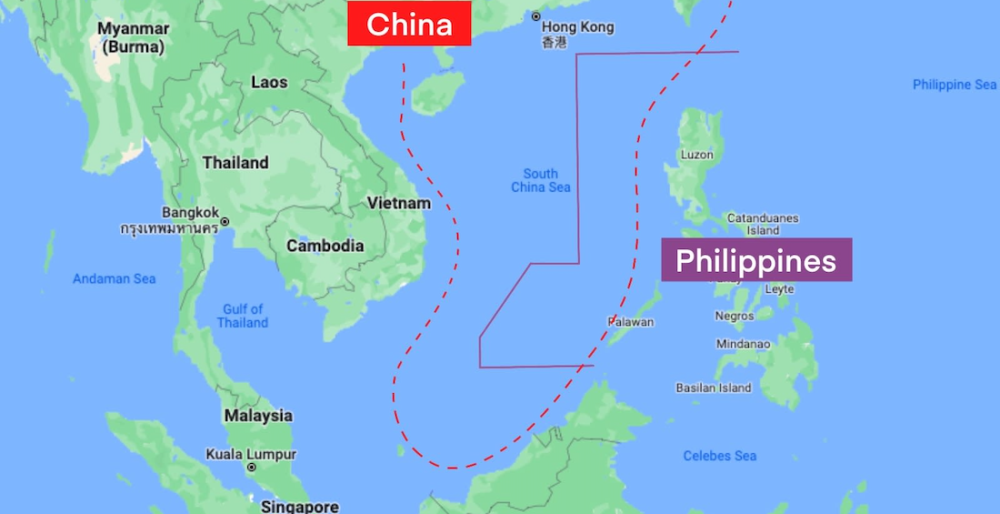



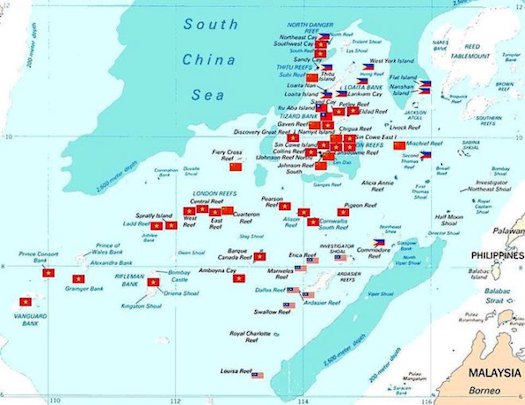






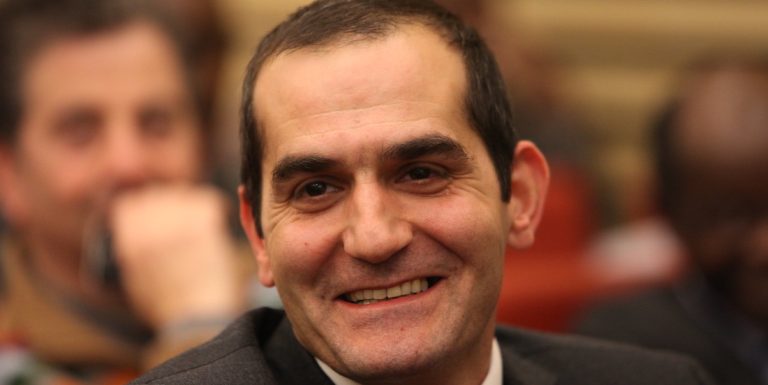



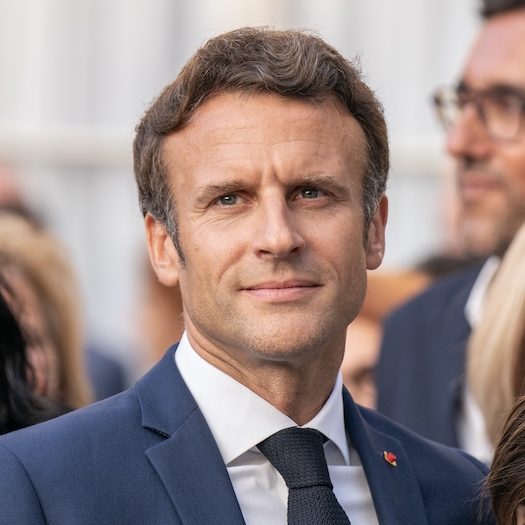





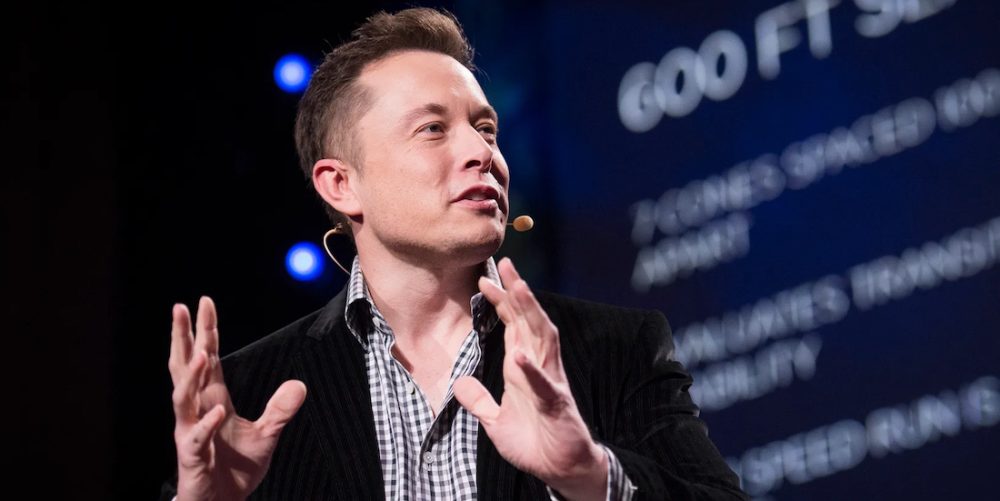












 " title="Pastels and Purpose: Georgette Sinclair’s Poetic Landscapes" />
" title="Pastels and Purpose: Georgette Sinclair’s Poetic Landscapes" />













